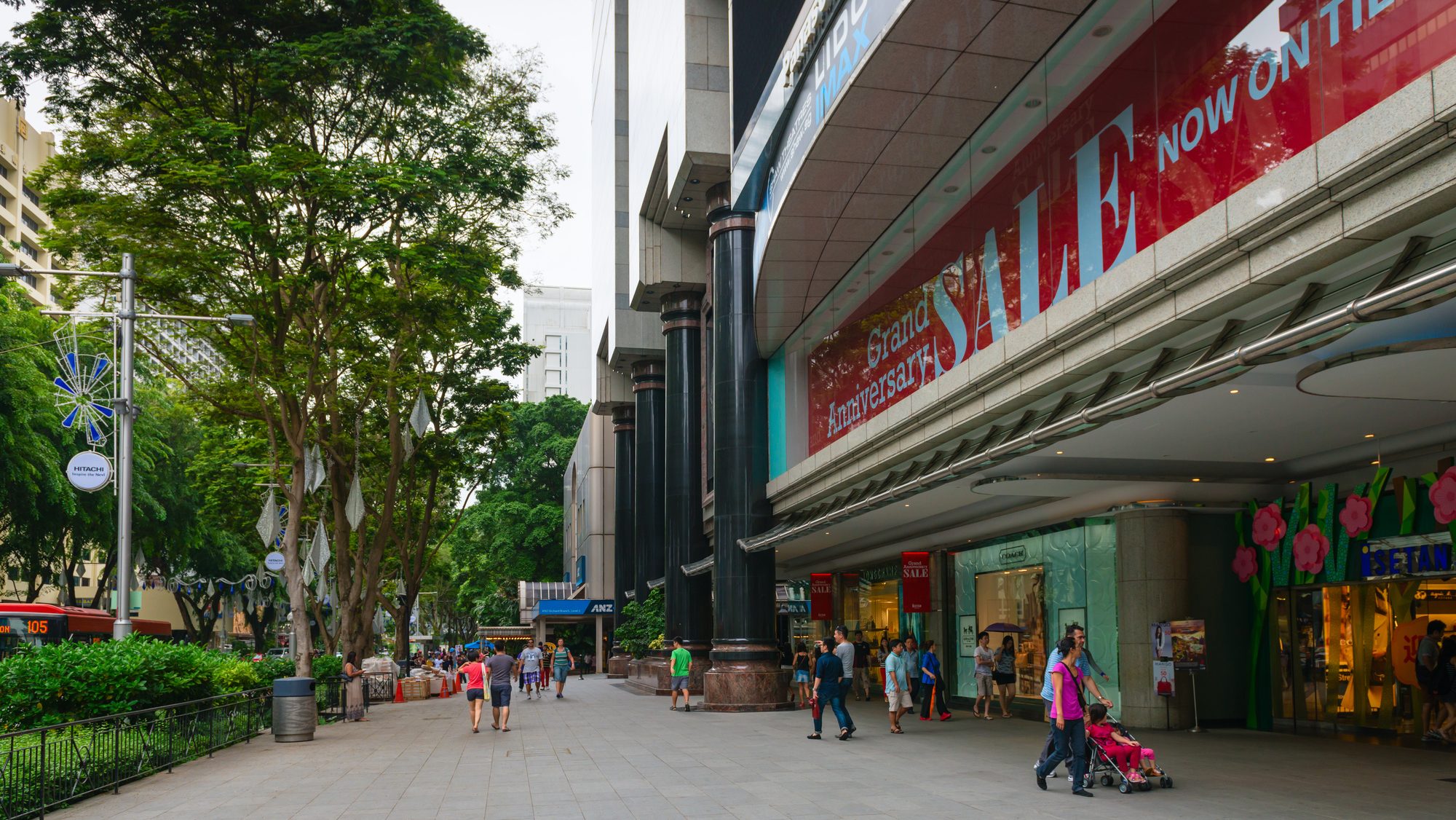SINGAPORE: Retailers in Singapore are advised to attract customers with additional services as the upcoming Rapid Transit System (RTS) link, set to start in 2026, is expected to increase competition with Johor Bahru.
Singapore Business Review reported that Mário Braz de Matos, managing partner at Flying Fish Lab, suggested that Singaporean retailers could stay competitive by attracting Johoreans and locals through additional services.
“Try not to hold back consumers from what is going to be, ultimately, normal behaviour in the future. We’re not going to prevent people from going over to Johor. We have to live with it,” he said.
He said businesses should adopt a “challenger mindset.” He noted, “If you’re selling apparel, you can’t compete with the prices in Johor, but you can provide advice to customers, for example.”
According to DBS, Singaporean retailers could see a significant drop in sales, potentially losing up to 4% in sales, amounting to S$2.1 billion in 2023.
The food and beverage sector alone might experience a 5% decline, translating to a S$620 million loss, while supermarkets could face a potential S$45 million shortfall.
Januel Koh, a digital marketing and branding lecturer at Singapore Polytechnic, echoed these sentiments, stating that Singapore cannot compete with Johor Bahru on price alone.
However, he noted that consumers often base their purchasing decisions on value and services rather than price.
Mr Koh pointed to Hai Di Lao as an example, a Chinese hot pot chain that, despite not being the most affordable option, attracts long queues in Singapore because people are buying an experience.
“Consumers look at the quality of value that exceeds their expectation of perceived value than just purely prices. They want to buy something worth it and not just buy cheap stuff,” he said.
Mr Braz de Matos also added that the value a product or service provides often surpasses its cost. He explained that a car enthusiast might choose a BMW but still opt for a $2 chicken rice.
Similarly, he noted that in Africa, people purchase expensive phones not solely because they can afford them but due to the value they offer.
“It’s not so much about the price… I think this is an issue we’re still struggling with in Singapore: the mindset where value is about price, and it’s not. It’s about what you give me in exchange for my dollars, and if you’re giving me a lot, I can put a lot of money towards that,” he said.
To stay competitive, DBS analysts Geraldine Wong and Zheng Feng Chee recommend that Singaporean retailers, particularly those in the food and beverage and supermarket sectors, focus on selling premium products and enhancing service quality.
They suggest that malls in Singapore could attract customers by featuring popular eateries from Johor Bahru, catering to those interested in the cuisine but hesitant about the commute. Supermarkets could also target less price-conscious shoppers.
Mr Koh also proposed various marketing strategies to retain customers, such as offering discounts for repeat visits or free memberships with purchases.
“We can have strategies such as giving consumers a 10% discount on their fifth visit, or when they purchase $100 worth of products, they get a free membership,” he said.
Mr Braz de Matos sees the Malaysian competition as an opportunity for Singaporean retailers. He suggested that businesses explore cross-border production and service arrangements to reduce overall costs.
He highlighted the Gleneagles Hospital as an example, which manages consultations in Singapore while outsourcing backend work to Johor Bahru.
According to him, “This is a natural integration that will happen as communication and movement across countries and borders is made easier.” /TISG
Read also: Retail sector decline as more Singaporeans shop overseas because of stronger Singdollar
Featured image by Depositphotos

